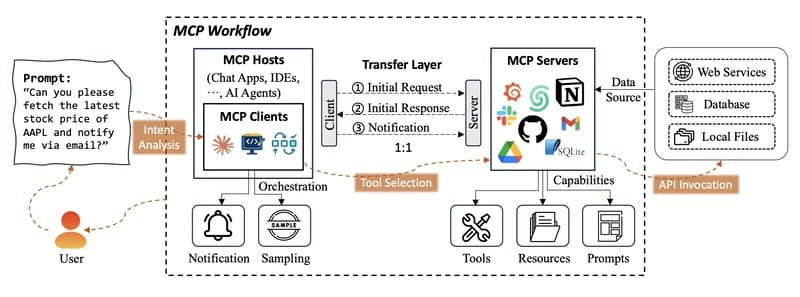DevCycle's Model Context Protocol Drives 300% Increase in SDK Installs

DevCycle, a company specializing in feature flag management, has reported a significant breakthrough in its developer onboarding process, leading to a 300% increase in Software Development Kit (SDK) installations. The improvement comes after the company overhauled its traditional tutorial-based onboarding in favor of a new approach called the Model Context Protocol (MCP).
Andrew Norris, a technology entrepreneur and co-founder of Taplytics, shared the company's success on social media. "6 months ago our onboarding looked 'fine.' Nice UI, polished tutorial, solid drop-off rates. But devs still weren’t hitting SDK install," Norris stated in a recent tweet. He further explained, "So we nuked the tutorial and rebuilt around MCP — where onboarding happens in your editor. 3× more installs."
The Model Context Protocol shifts the onboarding experience directly into the developer's integrated development environment (IDE), such as VS Code, Cursor, or Claude Code. This innovative method eliminates the need for a separate sandbox environment or step-by-step tutorials that often pull developers away from their core workflow. Instead, it integrates natural-language prompts within the editor, allowing developers to begin working with the SDK immediately.
DevCycle's MCP server enables AI-powered editors and assistants to interact directly with DevCycle projects, facilitating tasks like creating flags, managing variations, and fetching SDK keys. This integration aims to reduce context-switching, which is a common friction point when developers need to move between their coding environment and a separate dashboard for feature flag management. The company's blog highlights that this approach allows developers to "start inside their editor with our SDK—not a detour through example apps or sandboxes."
The company's internal data shows that this new developer-centric strategy has led to approximately three times more users successfully reaching the SDK install stage compared to their previous onboarding flow. This significant improvement underscores the effectiveness of embedding product value directly within the developer's existing workflow. DevCycle positions MCP as a "product surface" that relocates installation and configuration friction into a context-aware assistant within the user's real environment.